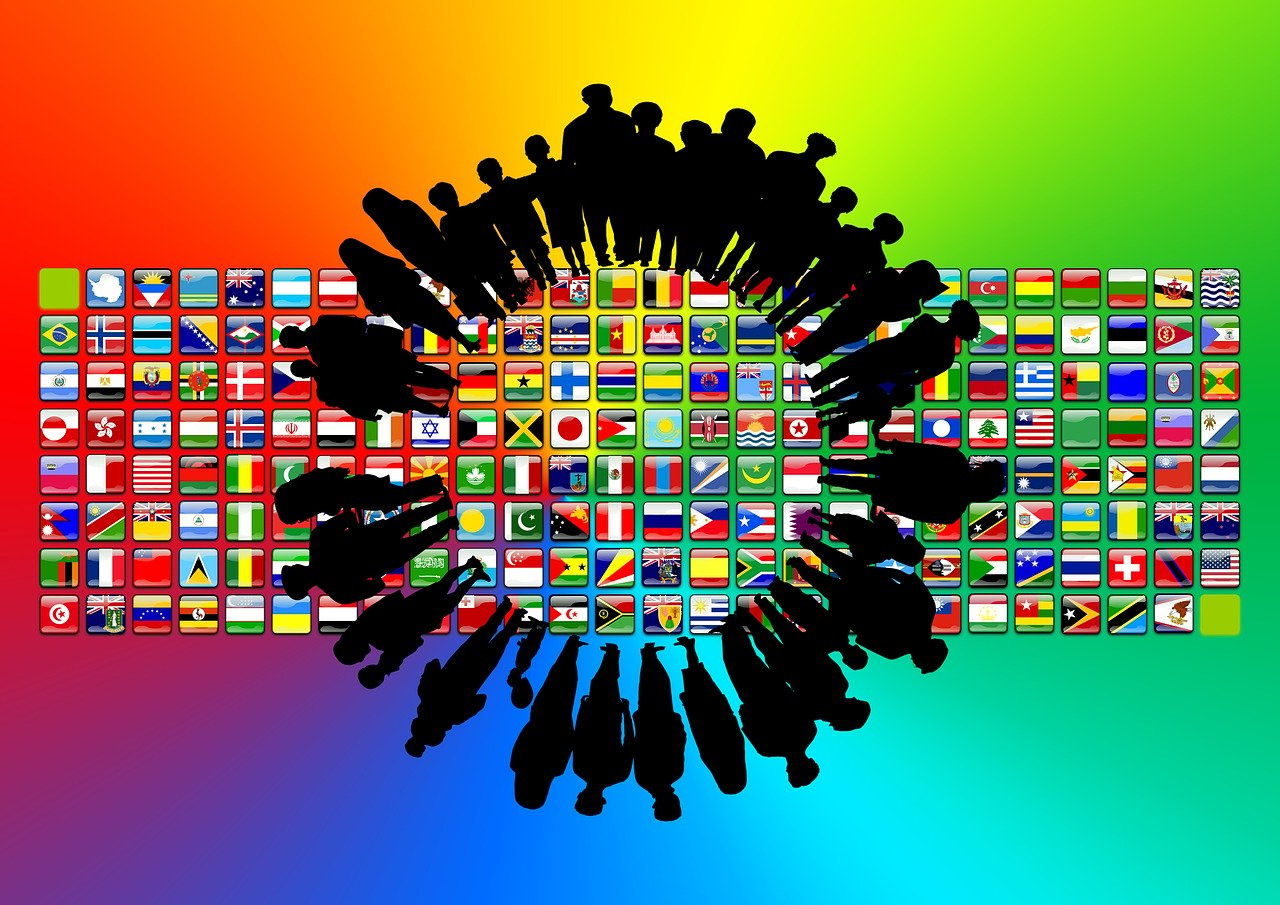This article presents a comprehensive network and resource dependency model for the Early Neolithic period in western Europe, focusing on the Blicquy/Villeneuve-Saint-Germain (BVSG) cultural complex.
This chapter supports UN SDG3 and discusses how Indigenous communities are grounded in the connections among people and between people and the natural world. Especially important is the wisdom of elders and the knowledge that comes from culturally embedded teachings and how unique technological tools can aid in strengthening self-esteem and well-being and rebuild core cultural relationships.
This content addresses SDG 3 (Good Health and Well-being) and SDG-10 (Reduced inequalities), aligns with the World Health Organization’s goal to promote universal health coverage, and aims to help close the health treatment gap that keeps remote, underserved communities from accessing needed quality health services.
Evolution and Trends of Sustainable Approaches: Latest Development and Innovations in Science and Technology Applications, 2024, Pages 209-226
This chapter ties into Sustainable Development Goal 7, Sustainable Development Goal 9, and Sustainable Development Goal 13 by promoting the adoption of green hydrogen as a clean and sustainable energy source, emphasizing the development of decision support systems for designing hydrogen supply chains which involves innovation and the creation of new infrastructure, and addressing the environmental consequences of conventional energy sources by focusing on green hydrogen as a viable solution to mitigate climate change impacts.
2026's World Population Day: Addressing Global Challenges
Celebration and Recognition
World Population Day is observed annually on July 11th to raise awareness about global population issues. In 2026, this day will highlight critical topics such as family planning, gender equality, poverty, maternal health, and human rights.
Origin and Global Involvement
2025's Nelson Mandela International Day: Celebrating Unity and Service
Celebration and Recognition
Nelson Mandela International Day is celebrated annually on July 18th, Mandela's birthday, honoring his legacy and the values he stood for. In 2025, this day calls upon individuals worldwide to dedicate 67 minutes of their time to community service, reflecting the 67 years Nelson Mandela devoted to fighting for social justice.
Origin and Global Involvement
This content aligns with Goal 3: Good Health as well as Goal 10: Reduced Inequalities by providing research on disabilities to help prepare for future public health disasters. It also promotes inclusive leadership and implementation that considers the needs of people with disabilities.


